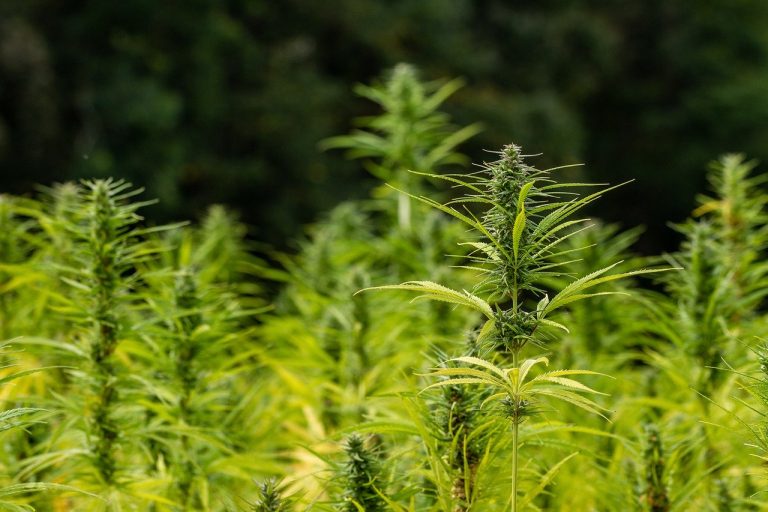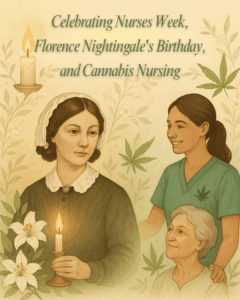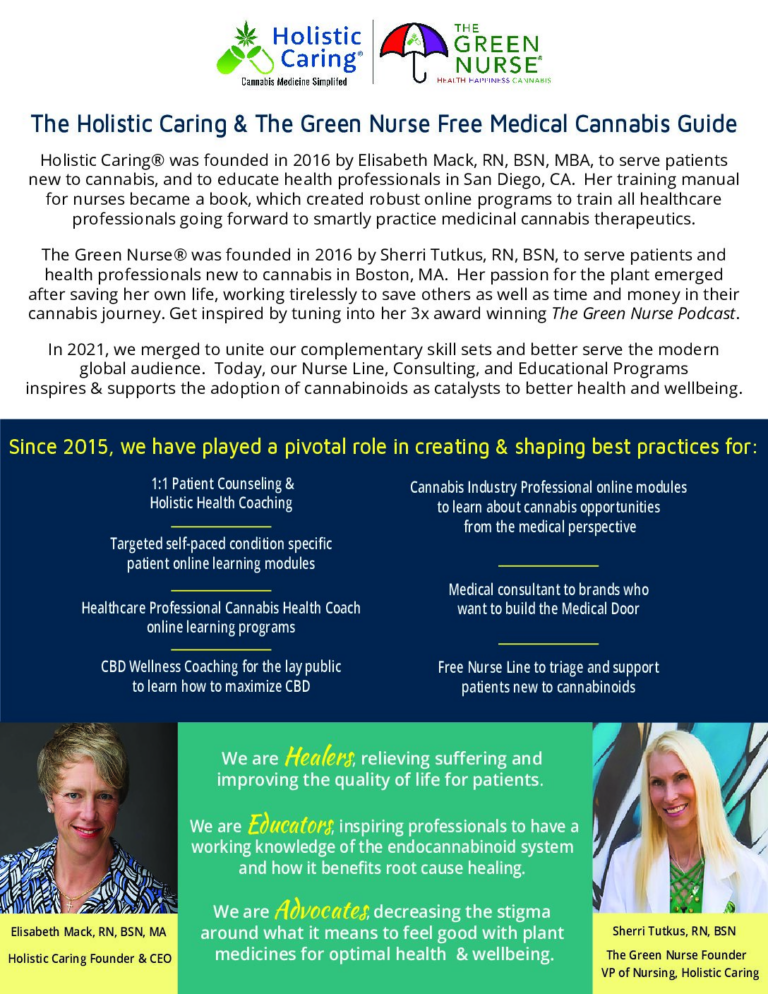Growth in Health is EMPOWERING people to make choices to support optimal health while managing symptoms of chronic illness.
Please take a peek at the history of the American Medical Association (AMA) and their stance on Medical Cannabis. Doctors have supported the utilization of cannabis as medicine for a long time.
CURRENT American Medical Association Policy on Medical Cannabis
(1) Our AMA calls for further adequate and well-controlled studies of marijuana and related cannabinoids in patients who have serious conditions for which preclinical, anecdotal, or controlled evidence suggests possible efficacy and the application of such results to the understanding and treatment of disease.
(2) Our AMA urges that marijuana’s status as a federal Schedule I controlled substance be reviewed with the goal of facilitating the conduct of clinical research and development of cannabinoid-based medicines, and alternate delivery methods. This should not be viewed as an endorsement of state-based medical cannabis programs, the legalization of marijuana, or that scientific evidence on the therapeutic use of cannabis meets the current standards for a prescription drug product. (New HOD Policy)
(3) Our AMA urges the National Institutes of Health (NIH) to implement administrative procedures to facilitate grant applications and the conduct of well-designed clinical research into the medical utility of marijuana. This effort should include: a) disseminating specific information for researchers on the development of safeguards for marijuana clinical research protocols and the development of a model informed consent on marijuana for institutional review board evaluation; b) sufficient funding to support such clinical research and access for qualified investigators to adequate supplies of marijuana for clinical research purposes; c) confirming that marijuana of various and consistent strengths and/or placebo will be supplied by the National Institute on Drug Abuse to investigators registered with the Drug Enforcement Agency who are conducting bona fide clinical research studies that receive Food and Drug Administration approval, regardless of whether or not the NIH is the primary source of grant support.
(4) Our AMA believes that effective patient care requires the free and unfettered exchange of information on treatment alternatives and that discussion of these alternatives between physicians and patients should not subject either party to criminal sanctions. (CSA Rep. 10, I-97; Modified: CSA Rep. 6, A-01)
DO NO HARM!
HIPPOCRATIC OATH: MODERN
“I swear to fulfill, to the best of my ability and judgment, this covenant:
I will respect the hard-won scientific gains of those physicians in whose steps I walk, and gladly share such knowledge as is mine with those who are to follow.
I will apply, for the benefit of the sick, all measures [that] are required, avoiding those twin traps of overtreatment and therapeutic nihilism.
I will remember that there is art to medicine as well as science, and that warmth, sympathy, and understanding may outweigh the surgeon’s knife or the chemist’s drug.
I will not be ashamed to say “I know not,” nor will I fail to call in my colleagues when the skills of another are needed for a patient’s recovery.
I will respect the privacy of my patients, for their problems are not disclosed to me that the world may know. Most especially must I tread with care in matters of life and death. If it is given me to save a life, all thanks. But it may also be within my power to take a life; this awesome responsibility must be faced with great humbleness and awareness of my own frailty. Above all, I must not play at God.
I will remember that I do not treat a fever chart, a cancerous growth, but a sick human being, whose illness may affect the person’s family and economic stability. My responsibility includes these related problems, if I am to care adequately for the sick.
I will prevent disease whenever I can, for prevention is preferable to cure.
I will remember that I remain a member of society, with special obligations to all my fellow human beings, those sound of mind and body as well as the infirm.
If I do not violate this oath, may I enjoy life and art, respected while I live and remembered with affection thereafter. May I always act so as to preserve the finest traditions of my calling and may I long experience the joy of healing those who seek my help.
—Written in 1964 by Louis Lasagna, Academic Dean of the School of Medicine at Tufts University, and used in many medical schools today.”
Yours in Health – GN (GreenNurse™)









